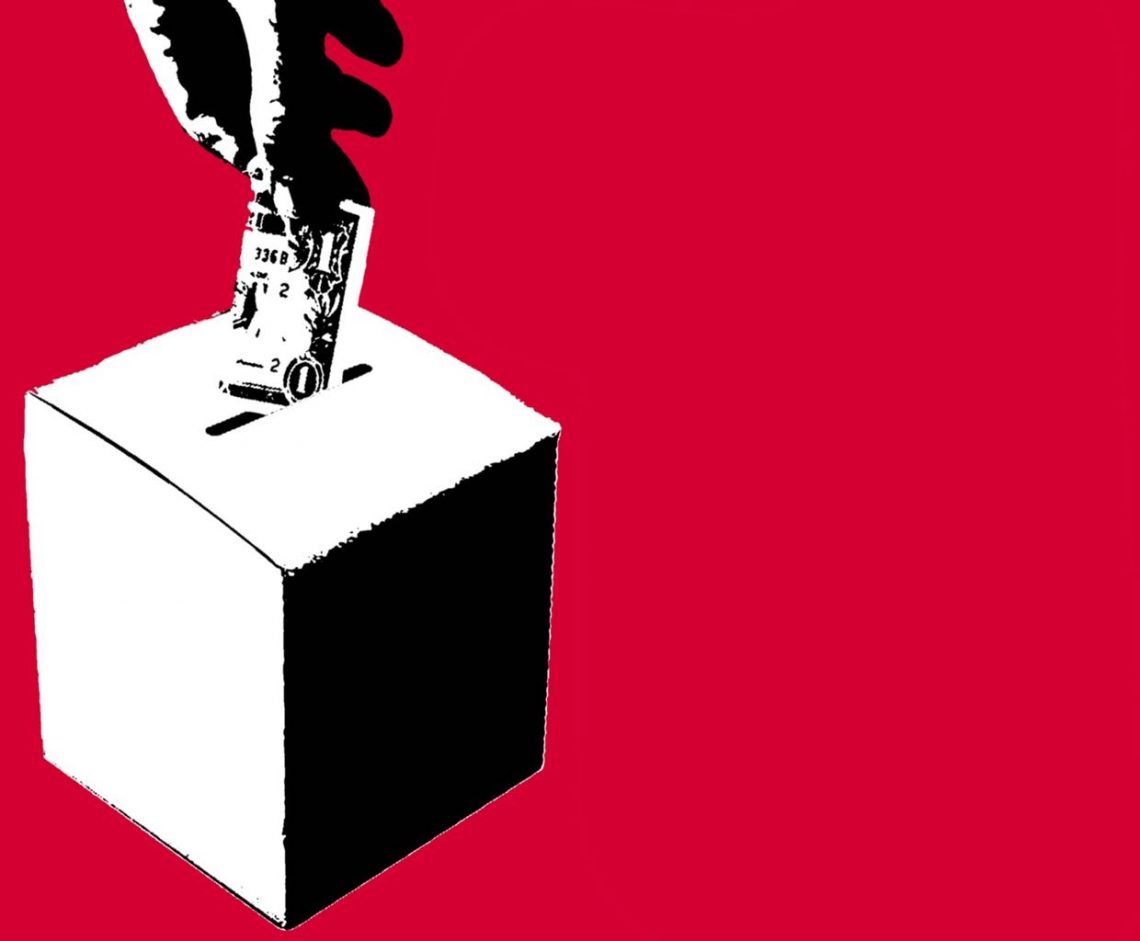Discussion on Opportunism, Reform, and Revolution.
“Philosophy is, in the last instance, class struggle in the field of theory” -Louis Althusser
Recently Pete Buttigieg, one of the many candidates running for the Democratic Party’s nomination for the presidency, announced in a CNN interview that he supported “democratic capitalism,” not the so-called socialism of Bernie Sanders. This term “democratic capitalism” needs to be examined however, as it is fairly broad and Buttigieg failed to specify what he meant by using its use. For this examination, we first need to have an understanding of capitalism, its origins, and the reality of democratic capitalism to begin with.
The first country to break the chains of the old feudal system by means of a bourgeois-democratic revolution and begin the project of creating the first capitalist economy was the United States, following the revolution against England and establishment of a new independent government. After this rupture other countries soon staged their own bourgeois-democratic revolutions (most notably France in 1789) and, by 1848, capitalism had become the world’s dominant mode of production, far eclipsing the feudal past. As the newly freed bourgeoisie (capitalist class) began shaping the world to their will capitalism took its dominant place in human history.
The biggest transformation capitalism brought to society was the creation of private property, which established a social relationship to the means of production that was oppressive and exploitative to the broad masses of people. As the emerging capitalist class privatized farms and factories, the majority of people were now forced into what today is considered the working class. In short, the working class is made up of the people who don’t own the means of production and are forced to sell their labor through wages in order to survive.
In capitalism the basis for social power and control is the creation of profit by the accumulation of surplus capital through the extraction of surplus value from workers’ labor. The capitalist state apparatus (i.e. the military, police, government, and education system) is used to protect and reproduce the conditions which give capitalism the ability to exist, as well as to safeguard the capitalist class’s power by either normalizing capitalist ideas and ideology or forcefully enacting the will of the capitalist class upon the masses. Therefore, as capitalism seeks to push the accumulation of power and wealth into the hands of the small capitalist class and away from the masses and workers whose labor is the basis of society we must conclude that capitalism at its very base is an undemocratic system. If democracy is to be considered a political system where the masses of people hold control over the state apparatus then capitalism, by its very nature of pushing control of society into the hands of a select few, is inherently opposed to democracy.
With this conclusion in mind, what does Pete Buttigieg mean by democratic capitalism? There have been previous movements to reform or humanize capitalism. The ideologies behind these movements are usually referred to as social democracy. Social democrats like Bernie Sanders hold the consensus that capitalism is inherently a good and workable system but needs to be checked and kept in balance through regulations and social reforms aimed at the redistribution of wealth, giving more democratic rights to the people, and giving workers the ability to bargain for higher wages and more workplace reforms through unionization. In fact much of Europe and the Pink Tide republics in Southern/Latin America are, to varying degrees, countries with social democratic policies and reforms. However, since social democracy still operates within the capitalist mode of production it contains and must deal with the primary contradictions of capitalism, such as environmental destruction, inter-imperialist conflict, and the extraction of surplus value from the working class to create profits for the capitalist class. Social democracy also leaves the workers in constant struggle against the capitalist class since reforms can always be undone, as seen globally today in the use of austerity measures which have been enacted to cut back the previous reforms won by labor movements.
Social democracy, or reformed capitalism, is what Buttigieg is envisioning when he refers to “socialism.” This is the real ideology and system that Buttigieg opposes, not actual socialism where the working class holds full political, social, and economic power over society. If Buttigieg’s democratic capitalism is to the right of the reformed capitalism of social democracy, what exactly does it mean? Nothing much: the term “democratic capitalism” is simply an opportunist phrase Buttigieg uses to make the public believe he is more progressive than he really is in an attempt to garner support from the more progressive elements of the working class. We have to assume that if Buttigieg is opposed to the reforms of social democracy then his democratic capitalism is just an elaborate way of saying he supports the status quo, the current order of things. Therefore, Buttigieg’s democratic capitalism and his politics are meaningless, nothing more than capitalist opportunism.
However, there remains one more question that needs to be answered. If democratic capitalism is an opportunist line supporting the status quo and social democracy leaves the workers constantly in struggle against the primary contradictions of capitalism, representing nothing more than a temporary bandage to the real problem, what then is the solution to achieving the working class’s liberation? The answer is simple: revolution. A revolution by which the working class and its allies seize the means of production, abolish the capitalist order of things, and create a society based on the social ownership of the means of production. Only when the working class takes full political, social, and economic power into its hands and fully abolishes capitalism will the masses of people be truly free from oppression, exploitation, and struggle. A new and better world lies ahead.

